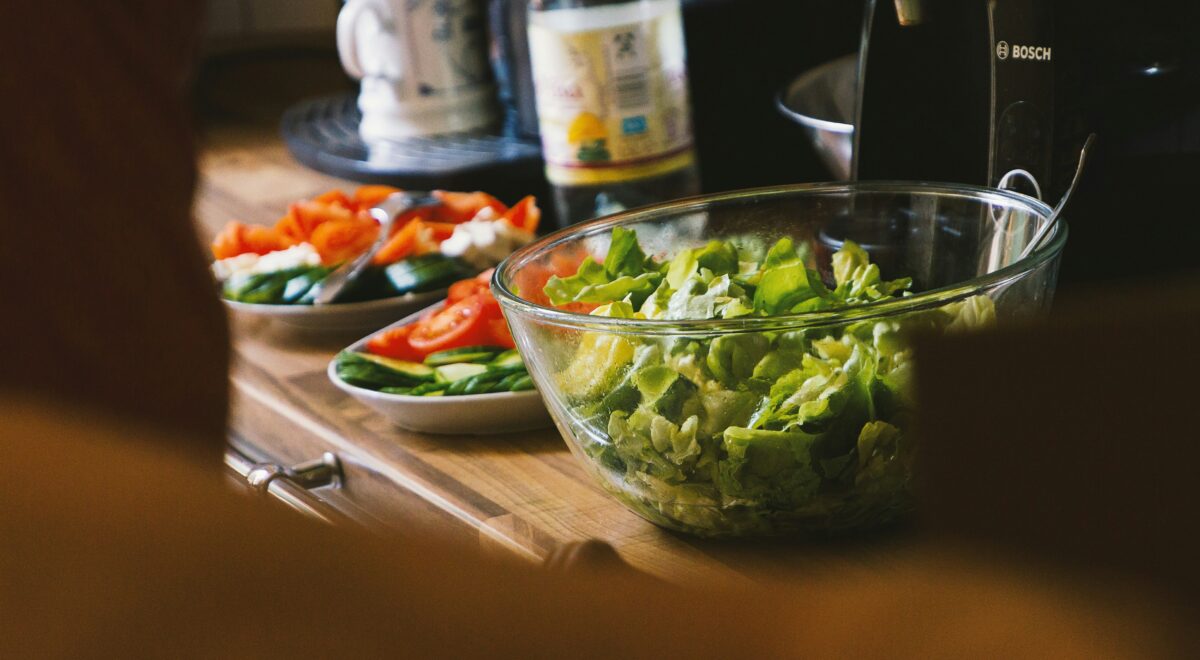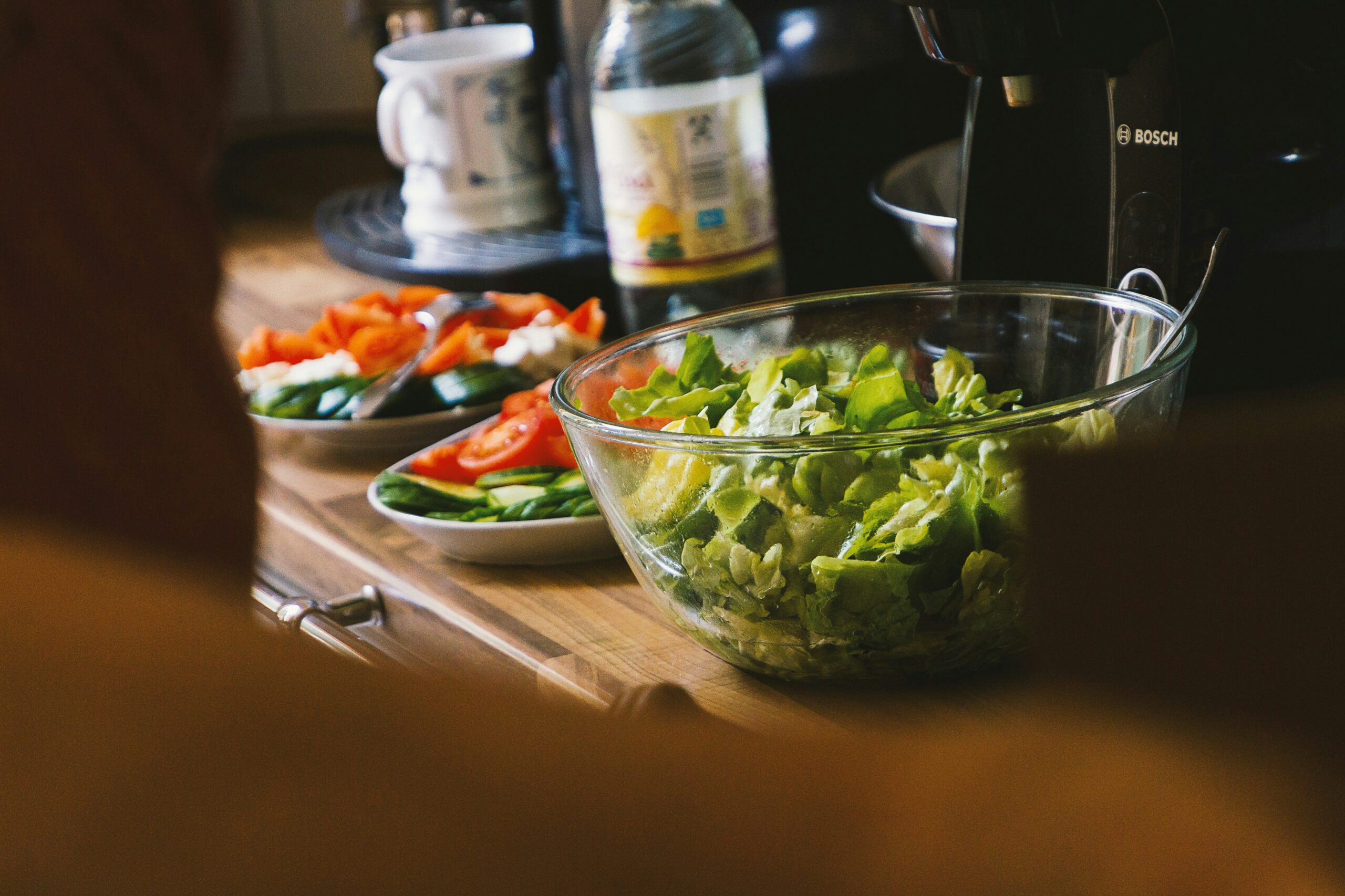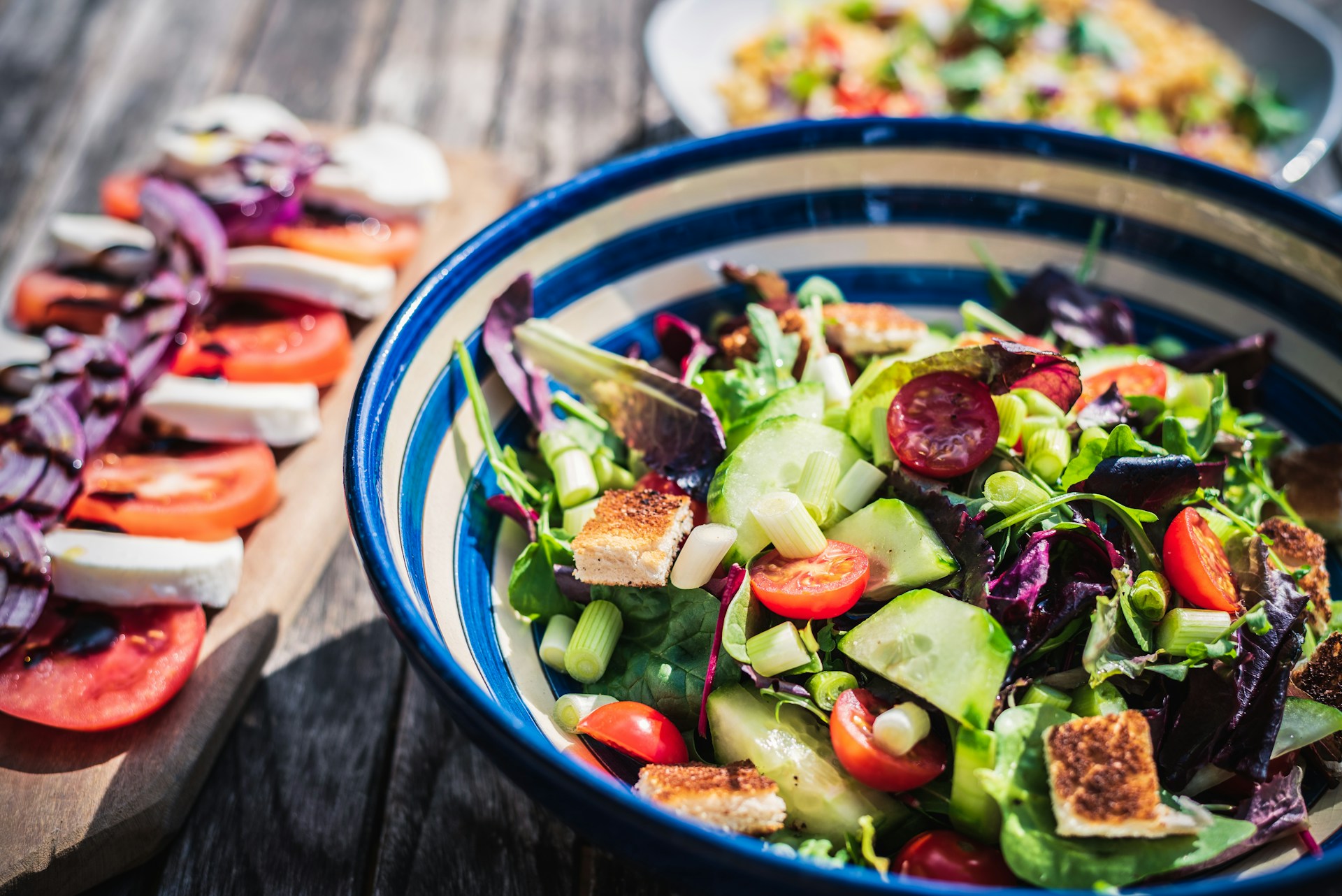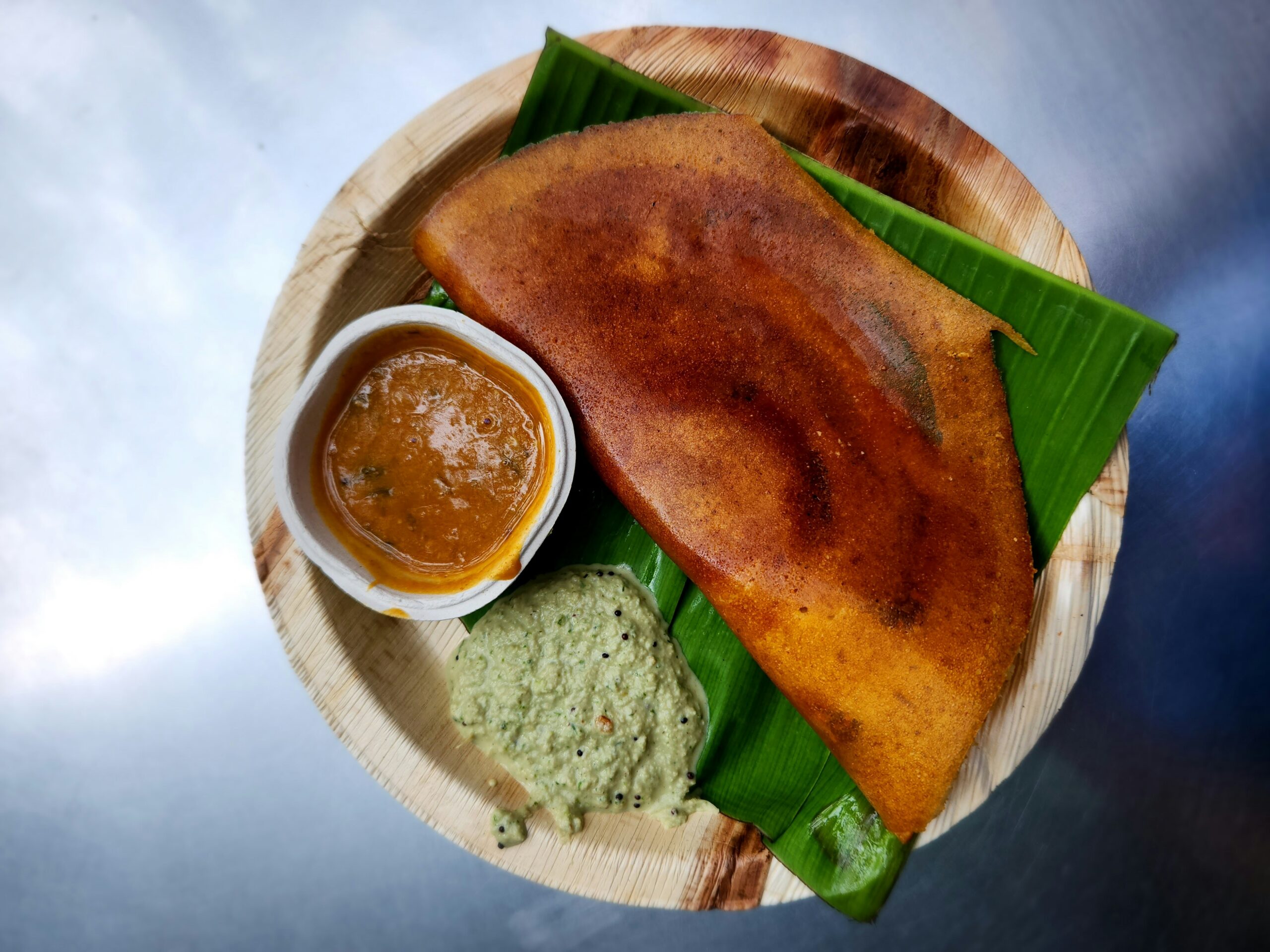Extreme dietary restrictions → Excessive eating → Feelings of guilt
This common pattern, sometimes known as “yo-yo dieting” is a major problem plaguing people in their pursuits of a healthy life. It may result in physical & emotional deprivation, fostering a sense of shame and guilt regarding food & leading to an extremely unhealthy relationship with food. You end up viewing food as your enemy, instead of something that nourishes & helps you. Overcoming the diet mentality with Intuitive Eating is helpful in a society dominated by rigid diets and complex nutritional advice.
Tapping into your body’s innate wisdom & trusting it to make the right decisions, Intuitive Eating, as it is aptly called, challenges you to take a hard look at your (often) unhealthy relationship with food & reconnect with your natural hunger and fullness cues. It challenges the conventional notions of dieting and encourages a mindful, balanced approach towards nourishment.
We dig into the principles of intuitive eating, exploring how this approach can lead to a harmonious and sustainable relationship with both your plate and your body.
The Correlation Between Food & Body Image
A large part of our relationship with food is often defined by our pursuit of unrealistic beauty standards. This, apart from taking a toll on our mental health, also fuels the pervasive “diet culture” that encourages unhealthy eating habits. The common cycle of overeating followed by guilt & extreme restriction can leave us feeling physically and emotionally deprived, fostering guilt and shame around food. It’s no wonder that eating disorders have become commonplace in the past few years.
Intuitive Eating (IE), a term coined by dieticians Evelyn Tribole and Elyse Resch, advocates for a healthier relationship with food by listening to our body’s cues, breaking free from dieting, and healing our connection with food. According to the National Center for Biotechnology Information (United States), research has shown many beneficial relationships between IE and psychosocial factors, including positive associations with body image and related constructs.
At its core, Intuitive Eating revolves around ten principles that encourage us to reject diet mentality, honour our hunger, make peace with food, challenge the food police, respect our fullness, discover the satisfaction factor, cope with emotions without using food, respect our bodies, exercise to feel good, and honour our health with gentle nutrition.
Incorporating Intuitive Eating
Practising Intuitive Eating means tuning into your body’s hunger and fullness signals, eating for physical rather than emotional reasons, and finding pleasure and satisfaction in your food choices. It’s not about rigid diets or strict rules, but instead asking yourself to trust your body’s innate ability to self-regulate.
Intuitive Eating is a journey that looks different for everyone based on their unique relationship with food. To begin, you must reject the diet mentality and embrace your body’s natural hunger cues. You should give yourself unconditional permission to enjoy all kinds of foods, without labelling them as “good” or “bad.”
It also focusses on learning to cope with emotions without turning to food, respecting your body’s unique shape and size, and focus on how exercise makes you feel instead of the calorie-burning aspect.
Self Acceptance & Perfection Are Not The Same
Incorporating gentle nutrition into your eating habits can also support your health without being obsessed with perfection. In the end, Intuitive Eating empowers you to build a healthier, more compassionate relationship with food and your body. It helps you break free from the diet-binge cycle, reduces stress related to eating, and promotes body positivity and mental well-being.
Research suggests that intuitive eaters tend to have better overall well-being, lower BMI, improved lipid profiles, and higher self-esteem. They are less likely to engage in disordered eating behaviours and experience body dissatisfaction.
Overcoming diet mentality using intuitive eating is a journey of self-care, respect, and acceptance. It allows you to reclaim control over their food choices and health, rooted in appreciation for your body and its inherent wisdom.



 Feeling tired all the time? You’re not alone. We all go through those days when our energy seems to dip and nothing seems to get us going. But here’s the thing: while getting more sleep is essential, the foods you eat play a big role in how you feel throughout the day. It’s not just about loading up on caffeine or sugar for a quick fix. What you put on your plate can actually have a huge impact on your energy levels and help combat fatigue in the long run. Let’s dive into the foods that can help keep you energized and on top of your game.
Feeling tired all the time? You’re not alone. We all go through those days when our energy seems to dip and nothing seems to get us going. But here’s the thing: while getting more sleep is essential, the foods you eat play a big role in how you feel throughout the day. It’s not just about loading up on caffeine or sugar for a quick fix. What you put on your plate can actually have a huge impact on your energy levels and help combat fatigue in the long run. Let’s dive into the foods that can help keep you energized and on top of your game.

















































